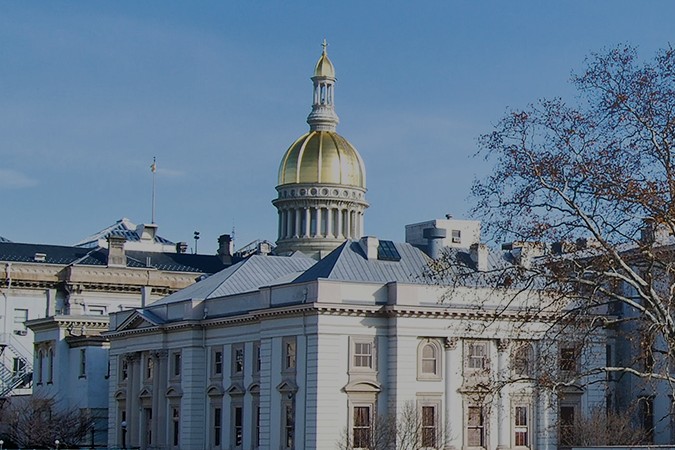Governor Phil Murphy has taken action against rising electricity costs by signing legislation on August 15, 2025, ordering a comprehensive investigation into PJM Interconnection, the regional grid operator serving New Jersey and 12 other states. The move comes as residents face energy bill increases of up to 20% during this summer’s heat wave.
New Laws Target Grid Operator Accountability
The governor signed two key bills into law designed to increase transparency and accountability in PJM’s decision-making process. The first measure directs New Jersey’s Board of Public Utilities (BPU) to examine whether PJM’s Reliability Pricing Model effectively obtains adequate energy resources at the lowest possible cost through its annual capacity market auction.
“These bills complement our long-term plan of action to hold PJM responsible for hardworking New Jerseyans’ skyrocketing electricity bills and a lack of new energy generation,” Murphy stated. He criticized PJM’s “opaque practices” that have defined the organization for too long.
Transparency Requirements for Utility Companies
The second bill enhances transparency by requiring electric utilities operating in New Jersey to disclose their voting records at PJM to the BPU annually. This provision will allow the public to understand how utility decisions impact electricity reliability, affordability, and sustainability.
“While electric bills skyrocket, PJM’s decision-makers have been setting our regional power grid policy in secret,” said Senator Raj Mukherji. The new law ensures that consequential votes affecting 65 million ratepayers will become public record.
PJM Pushes Back
PJM officials defended their operations, stating they function as a non-profit entity that plans the power grid and oversees federally regulated wholesale electricity markets. They argued that “blame-shifting will not resolve the supply-and-demand issues that are elevating prices for New Jersey consumers.”
The investigation could take up to one year to complete, with results reported to the governor and legislature. This timeline means New Jersey’s next governor will likely need to address the findings, as Murphy is in his final term.


